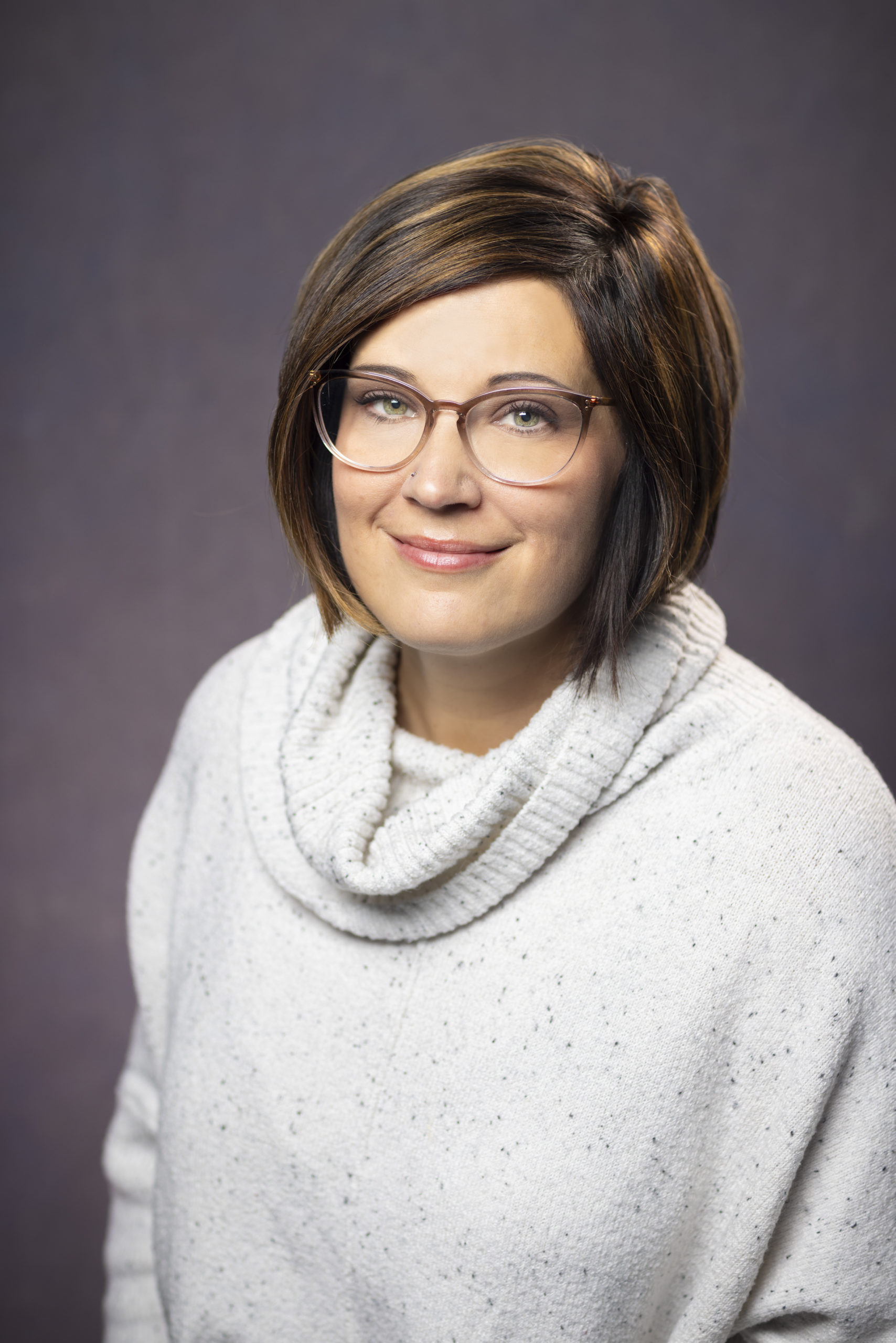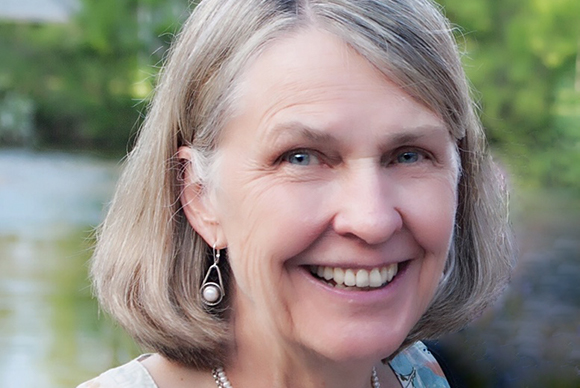Wiele, Andrea, PLPC
I specialize in working with new parents, especially women experiencing perinatal depression and anxiety. I integrate multiple theories of practice to provide individualized care for each client. I want to be with you as you explore your difficult and uncomfortable emotions and discover who you are and what you want in your life.
I have always had a desire to work with people and consider myself a natural listener. I received a Bachelor’s degree in Psychology from the University of Missouri in 2012 and a Master’s degree in Clinical Counseling from Central Methodist University in 2023.
Presentation(s):




